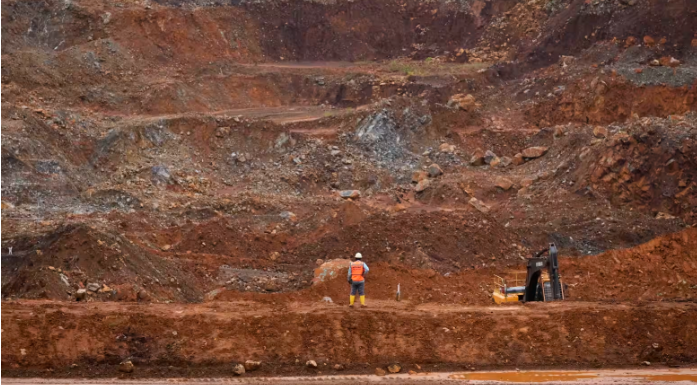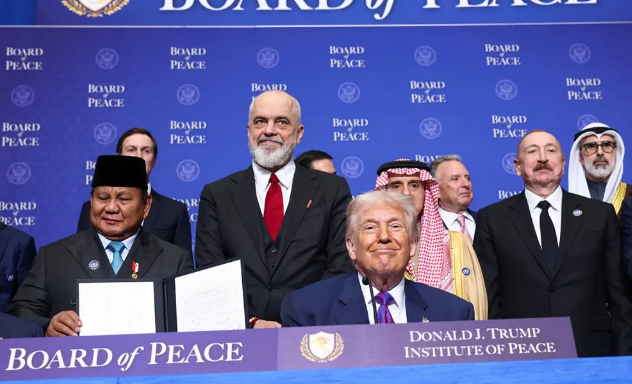
Indonesia’s decision to impose mining permit suspensions on 190 mineral and coal operators is more than a technical matter of compliance. It highlights the government’s struggle to enforce rules, protect the environment, and reassert control in a sector where Chinese demand and investment remain dominant.
Why 190 permits were suspended
The Ministry of Energy and Mineral Resources announced the suspensions in late September, citing failures in post-mining reclamation and overproduction beyond quotas. Companies with suspended permits must halt operations while continuing to maintain their sites. The action covers both mineral and coal mines across provinces such as Kalimantan and Sulawesi. Officials said the suspensions send a message that “the era of ignoring environmental responsibilities is over.”
A link to illegal practices
The crackdown comes only weeks after high-profile cases of illegal Chinese mining in Papua and North Maluku. In one case, four Chinese nationals were arrested in Jayapura for unlicensed gold mining. Days later, 148 hectares were seized from PT Weda Bay Nickel, a project with Chinese links, for operating in forest land without permits. The government’s latest wave of mining permit suspensions fits into this broader push to curb illegal or non-compliant activity and to remind foreign investors that Indonesia’s sovereignty cannot be taken lightly.
China’s leverage through smelter control
Beijing’s footprint in Indonesia’s mining sector is already enormous. A February 2025 Reuters report found that Chinese firms control about 75 percent of Indonesia’s nickel smelting capacity, effectively holding leverage over the country’s most strategic mineral. Jakarta’s ban on raw nickel exports was supposed to build domestic industry, yet most of the processing facilities are in Chinese hands. Critics warn this makes Indonesia’s resource policy vulnerable to external pressure.
Market reaction: China still buying
Even as Jakarta suspends permits, Chinese demand continues to shape outcomes. S&P Global reported that “short covering demand from China” has fueled inquiries into Indonesian cargoes. In plain terms, Chinese traders who had promised to deliver coal they did not yet own scrambled to buy shipments, fearing losses as inventories at Chinese ports dwindled. With domestic coal prices expected to rise, Indonesian cargoes remain attractive despite the regulatory uncertainty. This shows the difficulty of enforcing mining permit suspensions when the pull of foreign demand is so strong.
The stakes for Jakarta
For Indonesia, the challenge is twofold: protecting its land and people from reckless mining practices while resisting the structural dependency that comes with China’s outsized role in the sector. Permit suspensions and site seizures signal resolve, but enforcement must be consistent. Otherwise, illegal operators and powerful foreign players will keep exploiting loopholes.




